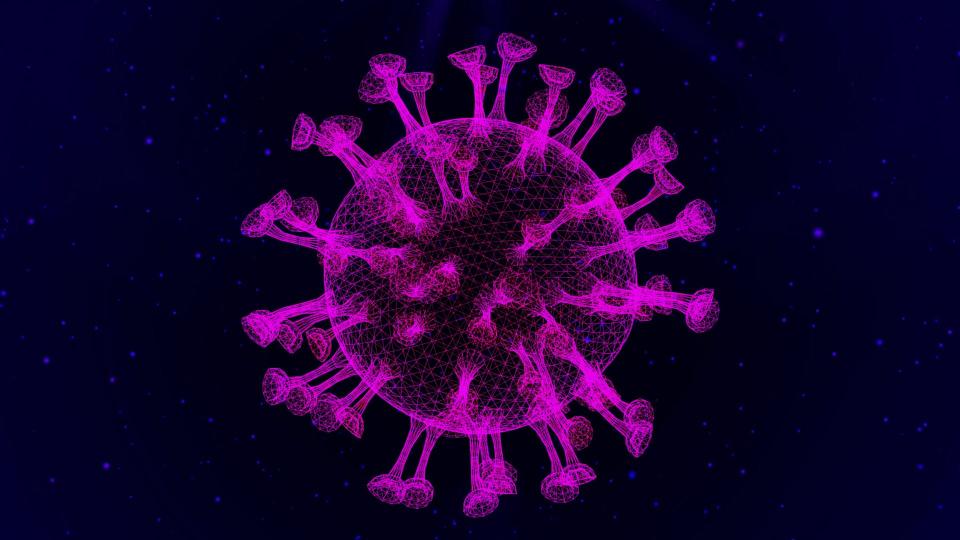What to know about new COVID variants. Plus, what symptoms of COVID to expect in 2024
As has happened throughout the course of the COVID-19 pandemic, new variants of the virus have emerged.
Here's what to know about the new variants and current COVID-19 symptoms.
What to know about new COVID-19 FLiRT variants

The new variants, nicknamed FLiRT, were detected in wastewater surveillance data, the CDC said.
One of the variants, KP.2, made up a quarter of the cases in the United States between April 14 and April 27. Another FLiRT variant circulating, KP.1.1, made up 7.5% cases during the same time period.
The new data means KP.2 is officially the dominant variant in the United States, over JN.1 which began to spread globally in the winter and made up 22% of cases in the same two-week time span.
However, the new variants have not been detected in Oklahoma yet, according to the Oklahoma State Department of Health's COVID-19 data dashboard.
Symptoms of COVID 2024
Right now, the CDC said KP.2 shouldn't cause more severe sickness than other variants of the virus.
However, the agency will continue monitoring community transmission of the virus and how vaccines perform against KP.2.
The "FLiRT" variant reportedly has similar symptoms to those from JN.1, and previous variants, which include:
Fever or chills
Cough
Sore throat
Congestion or runny nose
Headache
Muscle aches
Difficulty breathing
Fatigue
New loss of taste or smell
"Brain fog" (feeling less wakeful and aware)
Gastrointestinal symptoms (upset stomach, mild diarrhea, vomiting)
COVID incubation period 2024
While the incubation period for COVID can vary depending on the variant you're infected with, the CDC said symptoms may appear two to 14 days after exposure.
What to know about Ivermectin and COVID
There has been interest throughout the pandemic in treating or preventing COVID-19 with the drug ivermectin, which is usually given to animals to treat parasites.
While ivermectin is approved in specific doses for humans to treat some parasitic worms, head lice or skin conditions, the U.S. Food and Drug Administration has not authorized or approved ivermectin to prevent or treat COVID-19 in humans or animals. The agency has received reports of people requiring medical attention after using ivermectin doses intended for animals on themselves.
While some say they've had success with human doses of the drug in relieving COVID-19 symptoms — most recently NewsNation anchor Chris Cuomo who formerly denounced those taking ivermectin when he was a CNN anchor — the FDA said currently available clinical trial data does not demonstrate effectiveness of ivermectin against COVID-19 in humans.
However, the FDA said "health care professionals may choose to prescribe or use an approved human drug for an unapproved use when they judge that the unapproved use is medically appropriate for an individual patient."
This article originally appeared on Oklahoman: New COVID variants in CDC data. What to know about 2024 COVID symptoms

